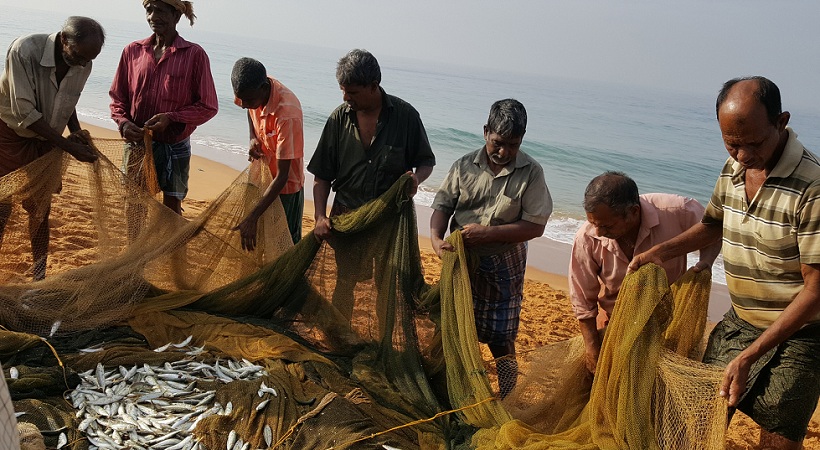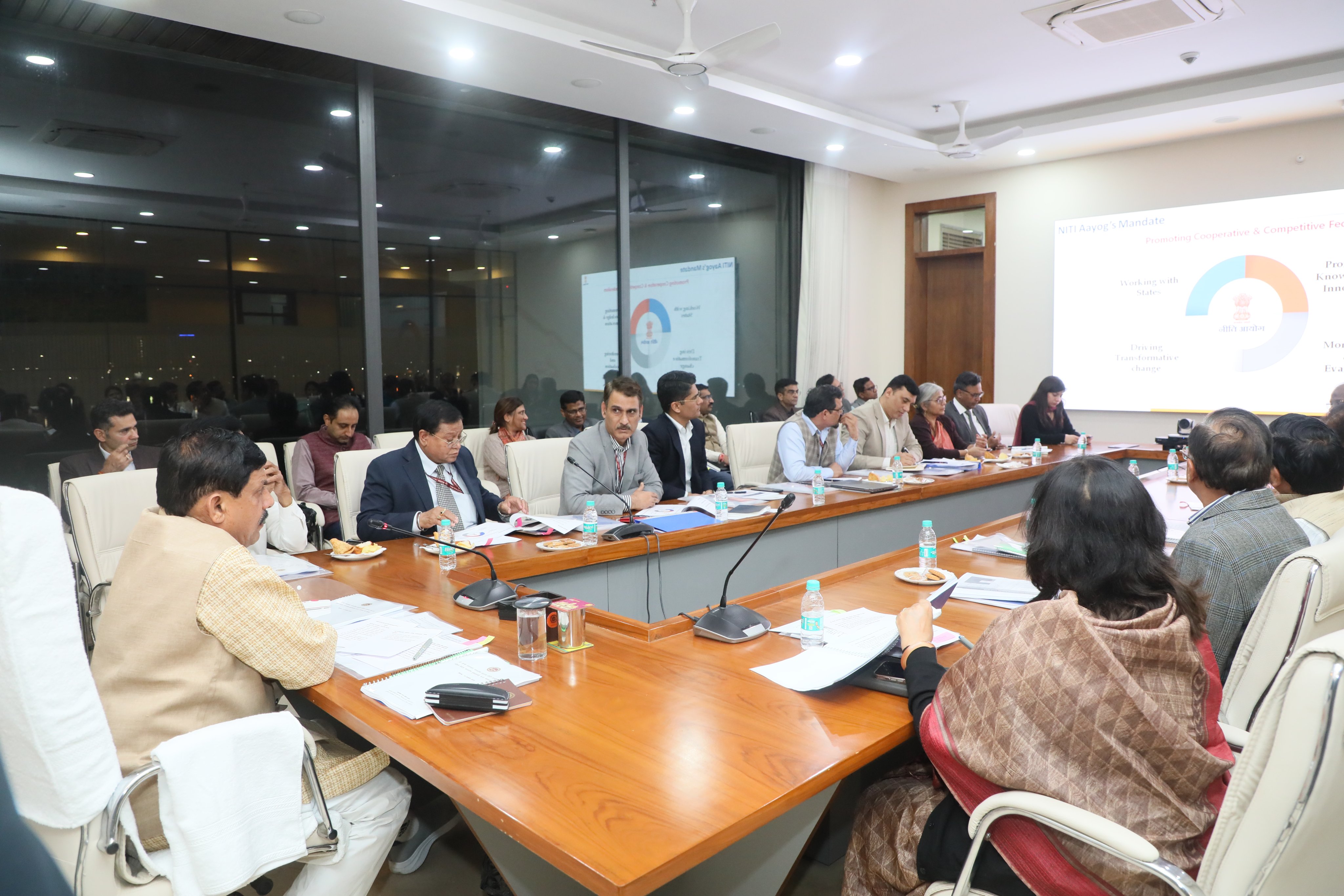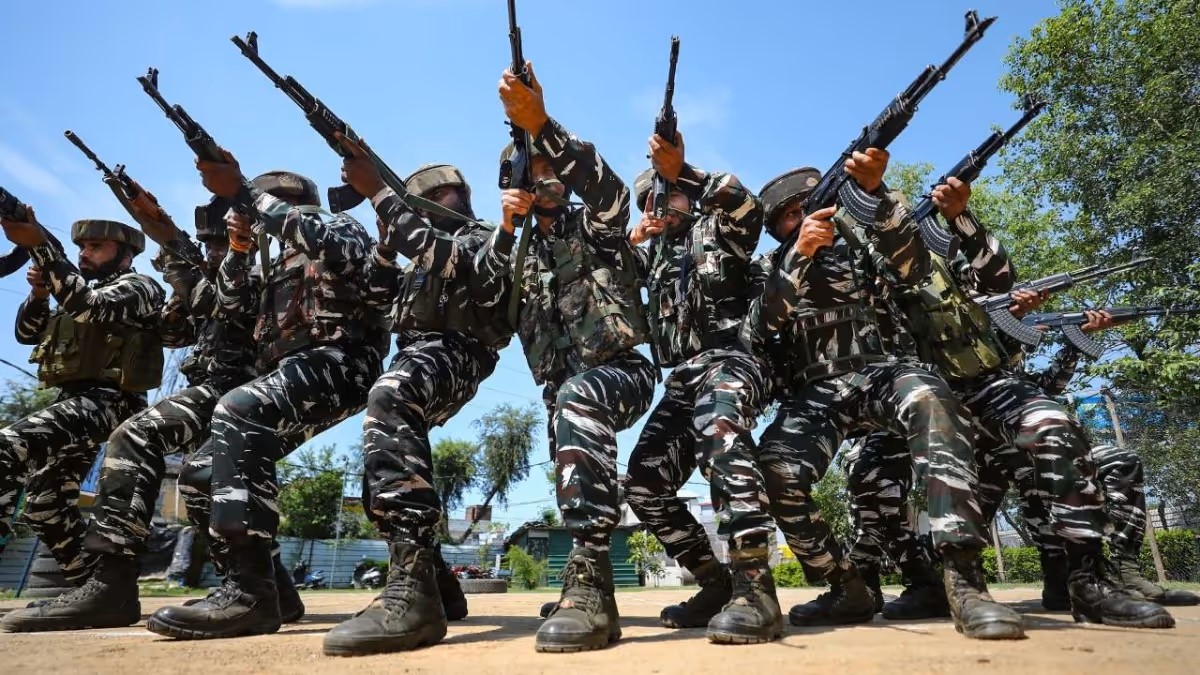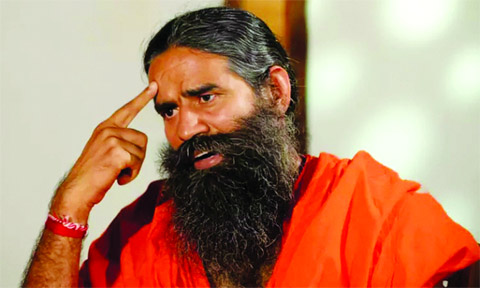The balmy breezes of Visakhapatnam recently carried the murmur of a pivotal dialogue, as NITI Aayog and the Andhra Pradesh government joined hands to host a two-day national workshop, igniting a spark for the future of India’s inland fisheries sector. Held on February 15th and 16th, 2024, “Harnessing Potential of Fisheries in Inland States” convened a diverse assembly of stakeholders – not just passive observers, but active participants shaping the narrative. Central and state officials, researchers, industry representatives, practitioners, and Fish Farmer Producer Organisations (FFPOs) came together, their voices weaving a tapestry of shared challenges and promising possibilities.
 Sustainability practices, the lifeblood of any thriving industry, took centre stage. Discussions revolved around finding a balance between economic viability and environmental responsibility. Hon’ble Minister Shri Parshotam Rupala echoed this sentiment, emphasizing the need for “active handholding” and skill development programs to empower traditional fishermen, the backbone of the sector. His vision extended beyond individual empowerment, proposing a transformative approach. He envisioned a network of rejuvenated water bodies – the Amrit Sarovar – interconnected to create a ripple effect of opportunity, generating income through inland fisheries and fostering a culture of ecological stewardship.
Sustainability practices, the lifeblood of any thriving industry, took centre stage. Discussions revolved around finding a balance between economic viability and environmental responsibility. Hon’ble Minister Shri Parshotam Rupala echoed this sentiment, emphasizing the need for “active handholding” and skill development programs to empower traditional fishermen, the backbone of the sector. His vision extended beyond individual empowerment, proposing a transformative approach. He envisioned a network of rejuvenated water bodies – the Amrit Sarovar – interconnected to create a ripple effect of opportunity, generating income through inland fisheries and fostering a culture of ecological stewardship.
The conversation then shifted to export competitiveness, a key driver of economic growth. Hon’ble Minister Rupala’s innovative “fish mall” concept, inspired by bustling cityscapes, resonated with the audience. This forward-thinking approach envisions modern marketing infrastructure that bridges the gap between producers and consumers, ensuring value capture for fish farmers and enhancing the overall appeal of inland fisheries produce. This aligns perfectly with the government’s broader commitment to the sector, exemplified by initiatives like Pradhan Mantri Matsya Sampada Yojana (PMMSY), Blue Revolution, FIDH, and various insurance schemes that provide a safety net for fish farmers.
Prof. Ramesh Chand, Member of NITI Aayog, acknowledged Andhra Pradesh’s leadership in the sector but simultaneously highlighted the need to address regional disparities in production and productivity. This call to action reverberated throughout the workshop, encouraging collaborative efforts to bridge the gap and ensure equitable growth across all inland states.
The second day witnessed in-depth technical sessions delving into specific challenges and opportunities. “Sustainability in Inland Fisheries: FFPOs/Cooperatives Led Development Models” explored how empowering these collective bodies could be the key to unlocking sustainable practices and improved market access. Conversely, “Issues and Challenges in Inland Fisheries Industry in India” provided a platform for policymakers, industry players, and even fisheries startups to engage in an open dialogue, dissecting roadblocks and charting a future roadmap for growth.
Participation wasn’t confined to discussions; 13 states actively contributed to the workshop, showcasing their accomplishments, potential, challenges, and best practices. This sharing of knowledge and experiences proved invaluable, fostering a spirit of shared learning and mutual support. As the workshop concluded, a consensus emerged – realizing the immense potential of India’s inland fisheries hinges on collaborative efforts. The emphasis shifted to fostering inter-state and centre-state cooperation, recognizing that collective action holds the key to unlocking the sector’s true potential. The relationships forged and the concrete steps identified at Visakhapatnam serve as a strong foundation for future progress, propelling the Indian inland fisheries industry towards a sustainable, prosperous, and inclusive future.




